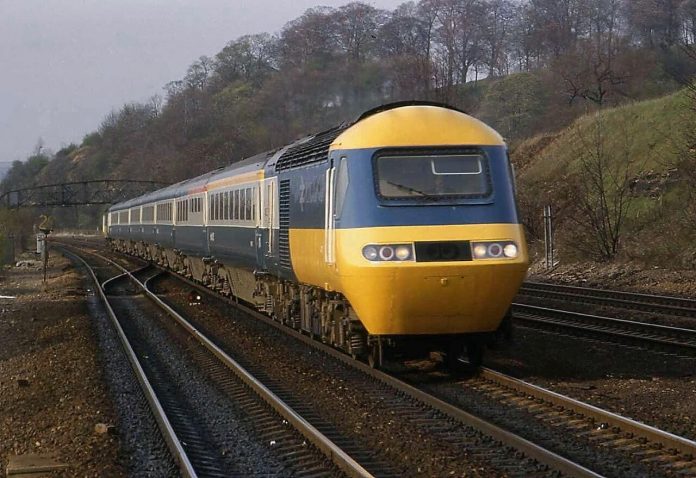The Department for Transport announced that millions of train passengers should prepare for a potential increase in fares of nearly 5% next year. In England, regulated rail fares—covering various tickets like season passes for commuters, certain off-peak long-distance return tickets, and flexible city travel tickets—will see an up to 4.9% hike starting on March 3, 2024.
Comparatively, this 4.9% cap in England is less than the projected increase in Scotland, where prices could surge by up to 8.7%. While the government defends the move, Labour criticized it as yet another harsh rise in rail fares following this year’s 6% increase. Shadow transport secretary Louise Haigh slammed the decision, stating it’s disrespectful to the millions of passengers grappling with record delays and cancellations. She emphasized Labour’s commitment to revamping the railways, prioritising passengers’ needs.
Under the current system, regulated fares are overseen by the government after rail privatisation. Train operators manage unregulated fares, though their choices are significantly influenced by the Department for Transport. Despite the increase, the government noted that the 4.9% rise is notably lower than the 9.0% inflation measure seen this year and the 5.9% cap on regulated fare increases in 2023, the most substantial surge in a decade.
Transport Secretary Mark Harper defended the decision, citing the need to balance maintaining operational funds for the railways post-pandemic without excessively burdening passengers. Nevertheless, concerns persist regarding Britain’s rail network, including ongoing disruptions due to strikes and issues like HS2.
It has been reported that even before these new fare hikes take effect, the UK already holds the record for the most expensive train tickets in Europe. The future of rail fares is expected to be a contentious issue in the upcoming General Election, especially with Labour advocating for public ownership of railways as contracts expire.
Amid these discussions, a representative from London TravelWatch highlighted the strain these fare increases will put on passengers, calling urgently for reforms in ticketing and fare structures. They stressed the importance of making public transport more appealing, focusing on affordable pricing, improved punctuality, and enhanced payment options to ensure passengers receive genuine value for their money.
Do you want a public-owned railway that sets its own prices or one in which tens of millions find their way into shareholders pockets?
Let us know below.
If you would like your interests… published, submit via https://dorseteye.com/submit-a-report/
Join us in helping to bring reality and decency back by SUBSCRIBING to our Youtube channel: https://www.youtube.com/channel/UCQ1Ll1ylCg8U19AhNl-NoTg SUPPORTING US where you can: Award Winning Independent Citizen Media Needs Your Help. PLEASE SUPPORT US FOR JUST £2 A MONTH https://dorseteye.com/donate/







